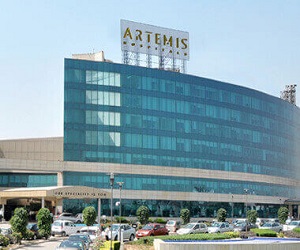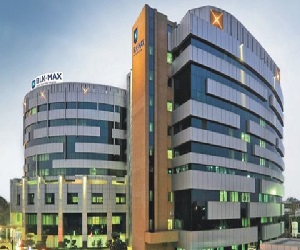Cataract surgery is a procedure that involves removing the clouding in the lens inside the human eye. This condition can be caused by injury or aging and can lead to vision loss. Cataract surgery is a delicate procedure that requires a trained and experienced surgeon to perform it safely and effectively.
Causes of Cataract
The major causes of cataract surgery are as follows:
Ageing: Age-related changes in the lens of the eye are one of the most common causes of cataracts. This process typically begins around the age of 40 and progresses slowly, leading to the natural lens becoming increasingly opaque and causing a gradual reduction in vision.
Systemic diseases: Various diseases, including hypertension, diabetes mellitus, and hyperlipidemia, can accelerate the development of cataracts. Hyperlipidemia, in particular, has been associated with an increased risk of cataracts, and it may lead to cataract formation at a younger age compared to other risk factors.
Post-surgical Effects: After undergoing eye surgeries like those for glaucoma, retinal issues, or laser procedures, cataracts may occasionally develop.
Nutritional causes: Factors such as alcohol consumption, smoking, poor nutrition, and deficiencies in vitamins and carotenoids contribute to this occurrence.
Genetics: Genetic predisposition plays a role in cataract development, often running in families. Specifically, genetic cataracts can manifest as blue-dot cataracts, a notable subtype.
How is Cataract Diagnosed?
An ophthalmologist can efficiently diagnose a cataract and its development by doing a thorough eye examination.
Who can Undergo Cataract Surgery?
A person can undergo cataract Surgery if they have:
- Blurred vision
- Sensitivity towards light
- Double vision
- Poor night vision
- Halos and glare around lights in the dark
- Washed out colors
- Need a brighter light for reading
- Need for frequent power changes
Procedure for Cataract Surgery
Prior to surgery, the ophthalmologist conducts a thorough diagnosis of eye conditions and diseases, considering both past and present medical history. This involves a comprehensive eye examination, including pupil dilation and tests for visual acuity, glare, and contrast sensitivity.
Before undergoing the procedure, the patient is required to sign a consent form. Subsequently, general anesthesia is administered. During the surgery, the cataract surgeon removes the natural lens from the eye and substitutes it with an artificial one. Notably, cataract surgery is typically performed on one eye at a time, with a necessary interval between surgeries.
Complications of Cataract Surgery
Risks associated with Cataract surgery are extremely low. However, some common complications that may arise after the surgery include:
- Inflammation
- infection
- Swelling of Retina
- Eye pressure
Stay Days in the Hospital
The patient will be discharged from the hospital on the same day post-surgery after a few hours of supervision.
Success Rate
The success rate of Cataract treatment is very high in India, ranging from 96 per cent to more.
Cataract Surgery Treatment cost in India are as follow
| Treatment | Cost in USD | Stay in Hospital |
| Cataract Surgery | 550-650 | 1 Day |
| Astigmatism Treatment in India | 460-560 | 1 Day |
| Corneal Transplant | 1100-1300 | 10-15 Days |
| Cosmetic Eye Surgery | 1800-2300 | 10-15 Days |











